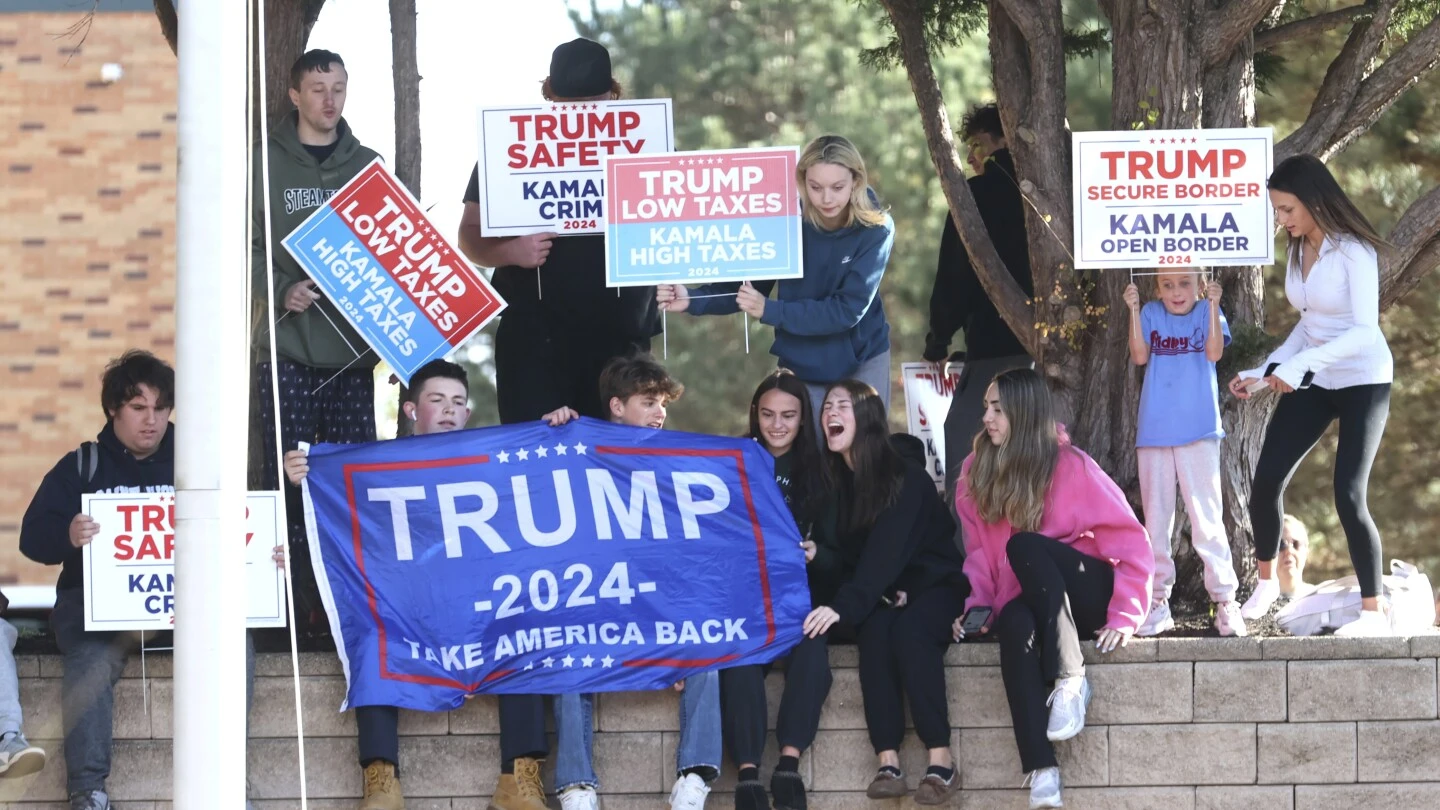Summary
Young voters (18-29) significantly increased their support for Donald Trump in the 2024 election, with nearly half backing him, up from one-third in 2020, according to AP VoteCast.
Unlike older Trump voters, younger supporters prioritize economic issues over immigration, are concerned about climate change, and favor more government involvement in health care and student debt forgiveness.
They are also less supportive of fossil fuel expansion, hardline immigration policies, and tariffs.
This raises questions about their loyalty to the Republican Party in the future.
Unlike older Trump voters, younger supporters prioritize economic issues over immigration, are concerned about climate change, and favor more government involvement in health care and student debt forgiveness.
They are also less supportive of fossil fuel expansion, hardline immigration policies, and tariffs.
“Gee, if only there was a party whose platform actually focuses and aligns on these issues. Guess I’d better cast my vote for the candidate who wants the exact opposite of the things I want.”
-These kids, probably
Maybe this was Trump’s bigger plan for fumbling the pandemic response; cause a bunch of high school kids to start missing/failing school so they’re too dumb to understand how ballots work once they’re old enough to vote. Might explain the first round of gut-punches he dealt to the Department of Education last time.
The 18-24 male voters are single-issue voters, who just want to see feminism defeated and to be issued with the subservient tradwife that Andrew Tate told them is their birthright.
May they all die virgins.
They just might, if I was a young woman in danger of forced pregnancy and other repercussions of the looming administration, I would definitely want nothing to do with men.
They’re all already dead inside
are concerned about […]
No, they’re not.
Did Trump actually win more young voters overall or just a larger percentage of the voters who bothered to show up?
If you don’t show up you don’t mater and you get what you get.
They pretty clearly do matter since we’re all getting what they’re getting
Either way, this would explain the discrepancy between the average policy preferences of the generation as a whole and what the ones who voted in 2024 voted for, we’re basically talking about different groups
Which is also what happens if you’re progressive and vote Democrat.










